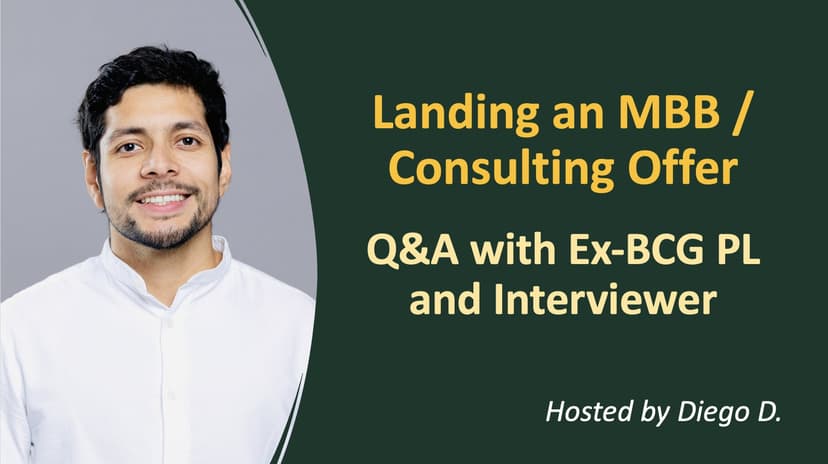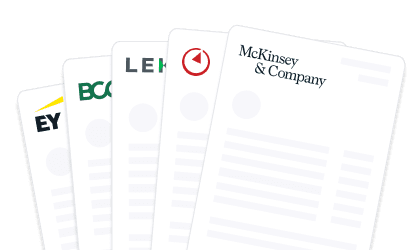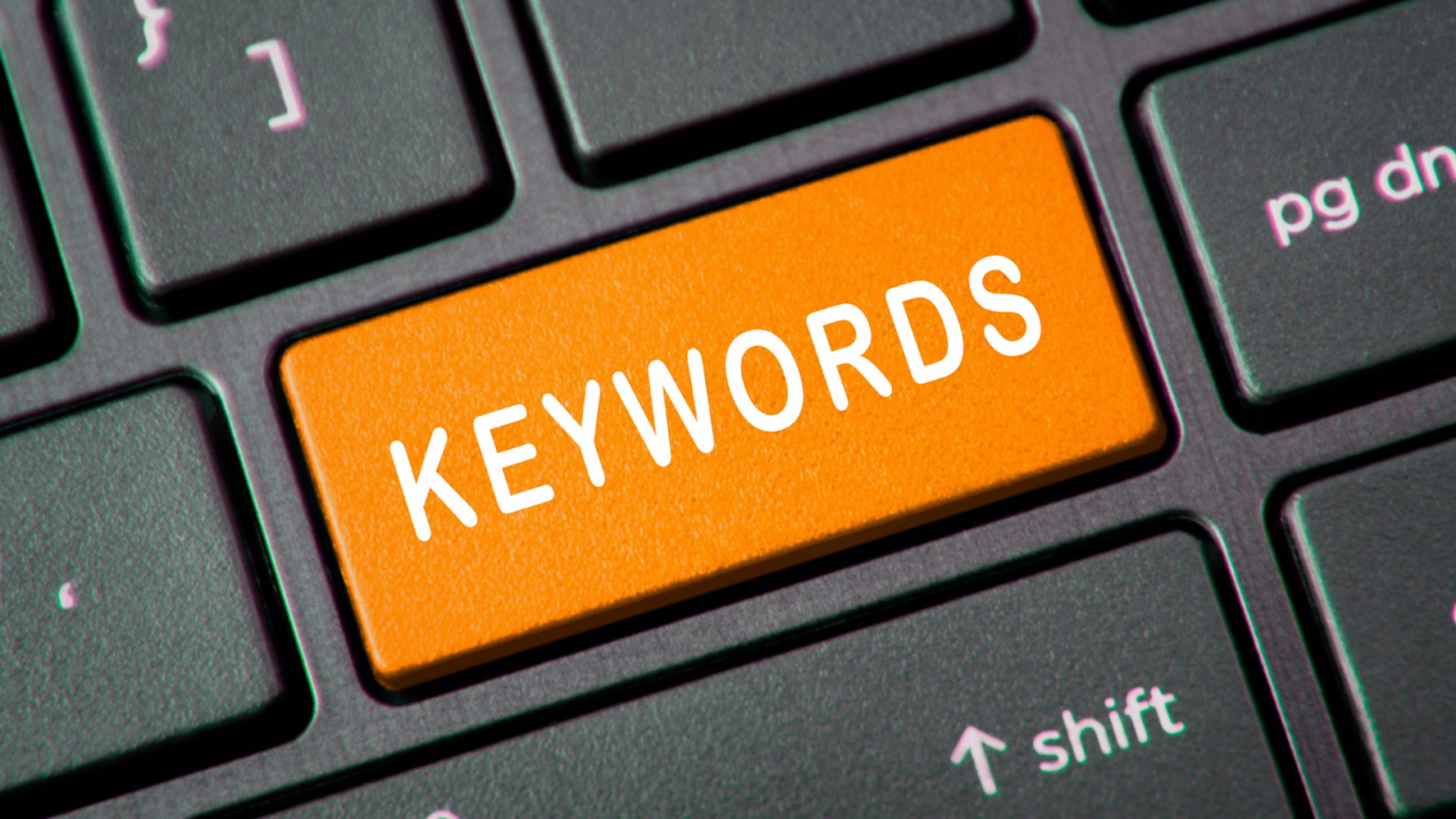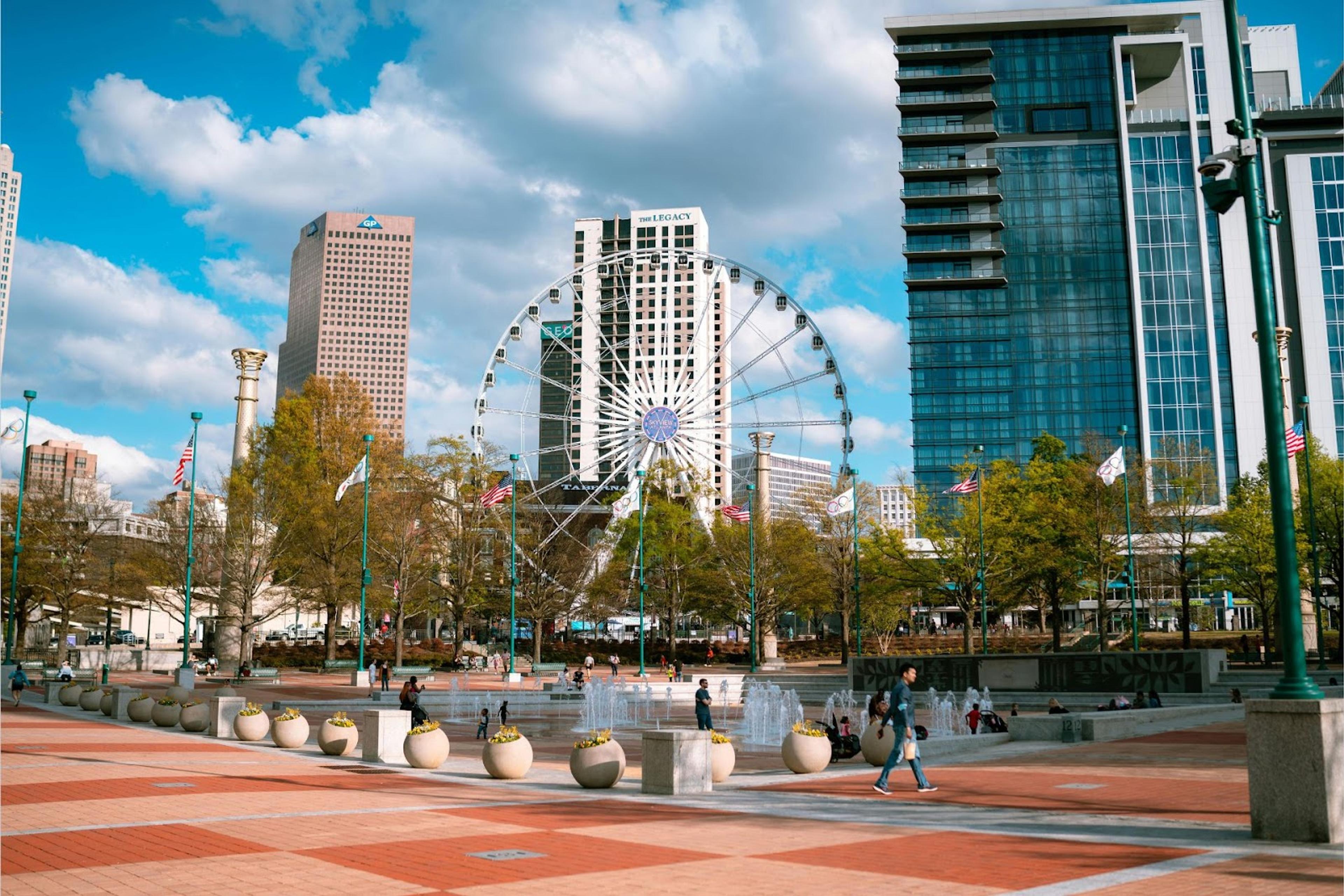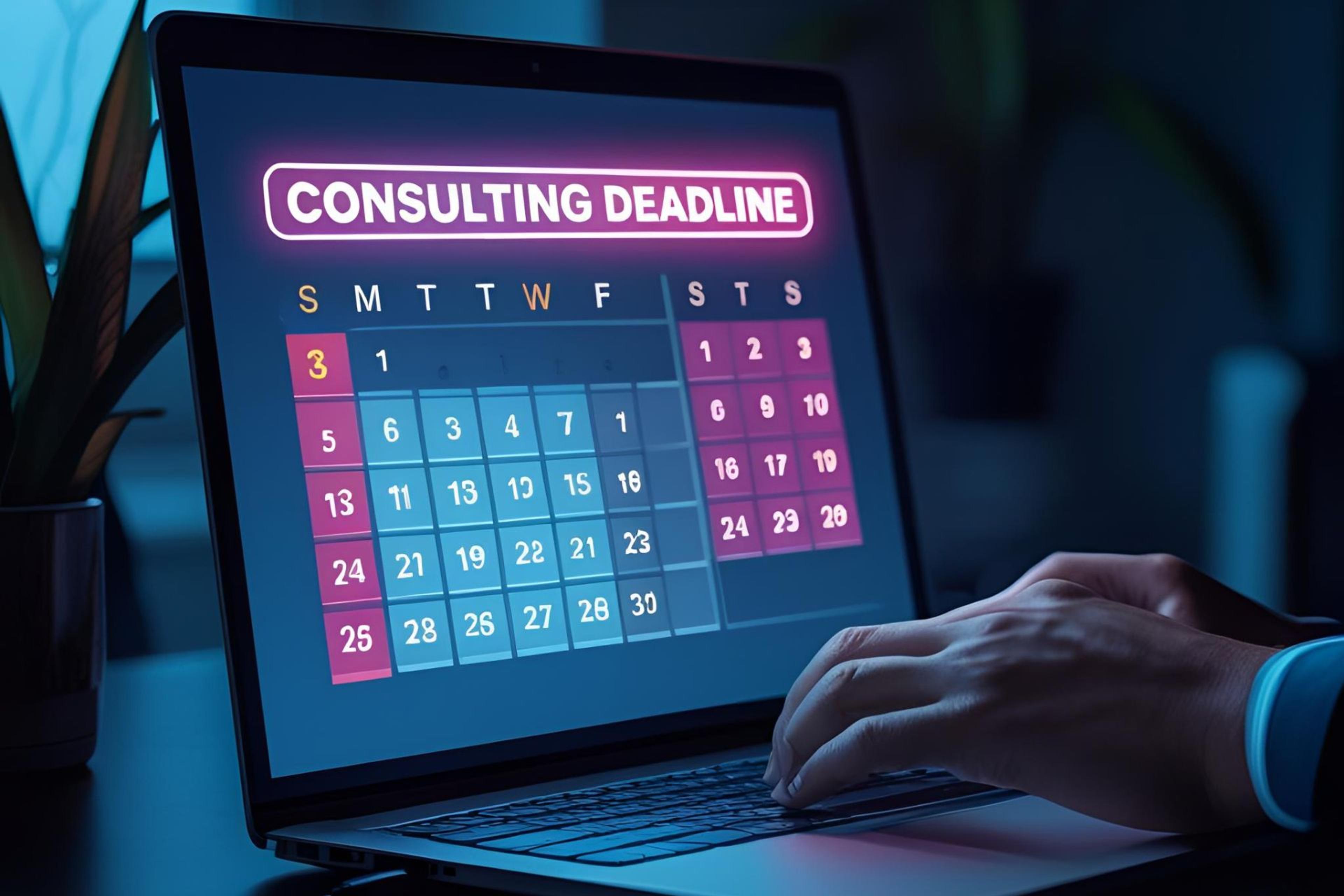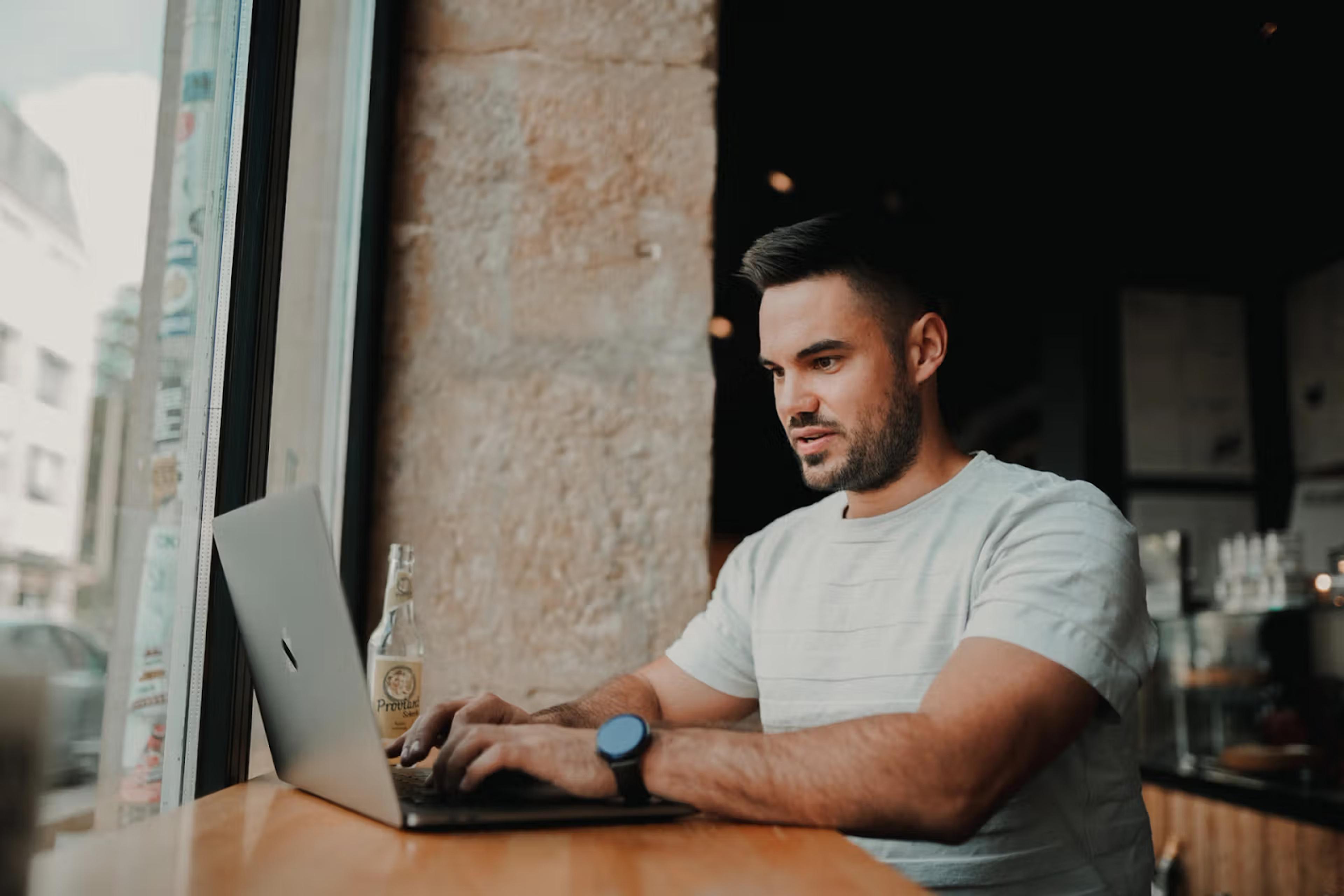What MBBs Are Looking For
Consulting Coffee Chats: The Ultimate Guide [2026]
Use these strategic coffee chat questions to stand out in consulting networking, build rapport, and position yourself for referrals or interviews.
Posted February 5, 2026

Join a free event
Learn from top coaches and industry experts in live, interactive sessions you can join for free.
Table of Contents
If you thought coffee chats were just casual conversations over lattes, then think again. They’re a powerful tool in the consulting recruiting process. Done right, they can provide valuable insights, help you build genuine relationships, and even open doors to future opportunities at top consulting firms.
Whether you're preparing for your first consulting coffee chat or refining your approach for your next coffee chat, this expert-backed guide will walk you through every step. We’ll cover how to ask for and schedule a chat, what questions to ask, how to stand out during the conversation, and how to follow up to turn a chat into a long-term connection.
Read: The 10 Best Consulting Firms to Work For Now
Why Consulting Coffee Chats Matter
Consulting coffee chats may seem casual, but top firms treat them as a quiet litmus test for who’s ready to succeed in the industry. While not officially part of the recruiting process, they’re often informal interviews in disguise. Real-world insights from candidates show that many consulting firms use these conversations to gauge a candidate’s curiosity, polish, and interpersonal fit long before the formal interview ever begins.
If you’re serious about landing a consulting offer, treat coffee chats like a strategic opportunity, not a formality. Here’s why they’re so powerful:
You’ll Get Unfiltered, Insider Insights
Forget the recruiting brochures. Coffee chats reveal what life at a firm actually looks like. Consultants can speak candidly about their day-to-day responsibilities, career progression, internal team dynamics, and the differences between offices or practice areas. These firsthand accounts help you ask smarter questions in interviews and avoid choosing a firm that isn’t the right fit.
“I had a McKinsey coffee chat where the consultant told me how steep the learning curve really is in the first year. That shaped how I prepared for the role.” — Reddit user, r/MBA
Expert Tip: Ask, “What’s something you wish you had known before starting your role?” It invites valuable insights they wouldn’t share in a public setting.
They Help You Build Genuine Relationships (Not Just a Network)
Consulting is a people-driven business. Strong coffee chats don’t just inform, they leave a lasting impression. When done well, these conversations can spark genuine connection, open the door to mentorship opportunities, and even influence whether someone flags your resume for a referral.
Remember: Many consulting firms apply the “airport test” in hiring. Would we want to be stuck in an airport with this person for 6 hours? Coffee chats are often the first answer to that question.
Note: The most memorable candidates bring both curiosity and warmth. They treat coffee chats as a two-way conversation, not a transaction.
Read: What is Management Consulting?
They Clarify Whether Consulting (or a Specific Firm) Is Right for You
It’s easy to romanticize MBB or Big 4 firms when you’re just starting. But through thoughtful coffee chats, you’ll develop a sharper lens on what roles, firms, and teams actually align with your career path, values, and working style.
Some discover they’re more excited by public-sector projects than private equity. Others realize they want a smaller, boutique firm with faster promotion timelines. These conversations are a chance to gather the kind of nuanced, lived experience you won’t find online.
Bonus: You’ll also sharpen your own consulting story: what excites you, where you want to grow, and how you fit into the industry. That clarity becomes a huge asset during the fit interview.
How to Ask for (and Actually Get) a Coffee Chat
Reaching out for a consulting coffee chat can feel awkward. With the right approach, you can turn a cold message into a warm, productive conversation. The key is to be intentional, respectful of the consultant's time, and authentic in your outreach.
Here’s how to do it like a pro:
1. Identify the Right People Strategically
Don’t mass message. Be selective.
Start by targeting professionals who are:
- 1–3 career steps ahead of you (they’ll remember what it’s like to be in your shoes)
- At your target firm, ideally in roles or offices that align with your goals
- Connected to you by school, geography, student orgs, shared interests, or even mutual contacts
Where to find them:
- LinkedIn (use filters like “Past company: [Your School] + Current company: [Firm Name]”)
- Alumni databases
- Attendees from a recent networking event or case competition
- Speakers from firm info sessions or panels
Expert Tip: Avoid reaching out to only Partners or Directors. Associates, Consultants, or Managers are often more accessible and candid, and may still influence the recruiting process.
2. Craft Personalized, Thoughtful Outreach Messages
Your first message should never sound like it was copied and pasted. Personalize it by referencing:
- A shared connection or background (e.g. same school, major, hometown)
- Something specific from their LinkedIn or a project/post they’ve shared
- Why you’re genuinely interested in learning from them
The tone should be professional, but warm and human, not robotic.
Strong cold outreach example:
Subject: Duke undergrad hoping to learn more about Bain
Hi Sam,
I’m a junior at Duke majoring in Public Policy, and I recently came across your post about Bain’s work with public-sector clients. As someone passionate about impact-driven strategy, I found your journey from policy to consulting really inspiring. I’d be incredibly grateful for the chance to hear more about your experience, particularly how you’ve navigated meaningful projects at Bain. If you’re open to it, I’d love to schedule a quick 20-minute virtual coffee chat. I’m flexible and happy to work around your schedule.
Thanks so much for considering this!
Best,
[Your Name]
3. Make Scheduling Easy
Consultants are juggling client work, travel, and internal meetings. Reduce friction by:
- Offering 3–4 specific time blocks in their time zone (don’t make them do the math)
- Being flexible and showing you’re happy to work around their availability
- Optionally including a Calendly link only if you frame it as a convenience (“Only if helpful, here’s my calendar link”), don’t lead with it
4. Follow Up (Once, Thoughtfully)
If they don’t respond within 5–7 business days, it’s okay to follow up. Just keep it light and respectful.
Polite follow-up template:
Hi Sam,
Just wanted to follow up on my note from last week, I’d still love the chance to learn more about your path at Bain if your schedule allows. Totally understand if things are busy this time of year. Thanks again for considering, and I hope to connect soon!
Best,
[Your Name]
After one follow-up, let it go. No response might simply mean they're swamped, and that’s okay. Keep moving forward with others on your list.
Example Reach Out Messages
Here are three examples of invitations to coffee chats, each from a different angle. Use these as inspiration, but note that the best invites are those that are customized to your background and goals.
Example #1 – Shared Alumni Connection
[Name], My name is [Your Name], and I’m a sophomore at Duke University majoring in Economics. I recently attended a virtual alumni panel where you spoke about your experience at BCG, and I was inspired by your journey from Duke to a consulting career. As someone who is exploring consulting as a potential career path, I would greatly appreciate the opportunity to hear more about your transition, your current role, and any advice you have for someone aspiring to follow a similar path. If you’re open to it, I’d love to schedule a quick 20-minute coffee chat at your convenience. I’m flexible and can adjust to your schedule, but here are a few times that work for me: Tuesday, January 23, between 2:00-4:00 PM EST Wednesday, January 24, between 10:00-1:00 PM EST Thursday, January 25, after 3:00 PM EST Thanks so much for considering my request. I’m looking forward to learning from your insights and experience. [Your Name]
Example #2 – LinkedIn Post
[Name], I hope this message finds you well! My name is [Your Name], and I’m a junior at the University of Michigan studying Business Administration. I recently came across your LinkedIn post about your experience working on a sustainability-focused project at Bain. Your passion for creating impact through consulting really resonated with me, as I’m interested in pursuing work that blends strategy and social good. I would love to hear more about your experience at Bain, particularly how you’ve navigated impactful projects and grown your career. If you have 20–30 minutes for a virtual coffee chat, I’d be grateful for the opportunity to connect. I’m happy to accommodate your schedule but have availability during the following times: Thursday, February 1, 1:00-4:00 PM EST Friday, February 2, 10:00 AM-12:00 PM EST Saturday, February 3, morning or early afternoon Thank you so much for your time and consideration. I’m looking forward to connecting and learning more about your journey. [Your Name]
Example #3 – Connection With Your Firm
[Name], My name is [Your Name], and I’m a senior at UCLA majoring in Political Science. During a recent networking event hosted by McKinsey, I learned about the work your team has done with public-sector clients, which deeply resonated with my interest in leveraging strategy to create meaningful societal impact. As I prepare to apply for consulting roles, I would be incredibly grateful for the chance to hear about your journey, your day-to-day work at McKinsey, and any advice you might have for someone transitioning into the field. I know your time is valuable, so even a quick 20-minute chat would mean a lot to me. I’m flexible but have the following availability next week: Monday, January 15, 3:00-5:00 PM PST Wednesday, January 17, 11:00 AM-1:00 PM PST Friday, January 19, afternoon Thank you so much for your time and generosity. I hope to connect soon and learn from your experiences. [Your Name]
Successful Coffee Chat Prep Strategies
Do Your Research Like a Professional
The best consulting coffee chats start well before the actual conversation. Go beyond skimming their LinkedIn headline. Read through their full profile. Look at how their career has progressed, what teams or industries they’ve worked in, and whether they’ve shared any posts or written content. If their firm has been in the news or launched a new initiative, bring it up; this signals you’re plugged in. Avoid asking anything that could be answered with a quick Google search. Instead, come ready with specific, informed questions that show respect for their time and position you as someone who does the work.
Set an Intention for the Conversation
Too many candidates treat coffee chats like generic information-gathering sessions. Don’t. Before you get on the call, get clear on why you’re reaching out. Are you trying to understand how this person navigated their career progression? Are you deciding between MBB and Big 4 firms? Are you hoping to learn what makes a strong candidate during the recruiting process? Defining your goal in advance helps you steer the conversation with purpose and ensures both you and the professional walk away feeling like it was a productive use of time.
Craft and Personalize Thoughtful Questions
Forget the generic “What’s it like to work in consulting?” That kind of question wastes valuable time and tells the other person you didn’t prepare. Great coffee chats are driven by thoughtful and specific questions, relevant to their experience, and personalized to your interests.
For example, instead of asking broadly about firm culture, ask, “How does the culture at BCG differ from your previous experience at a boutique firm?” That invites a more meaningful response. Curious about project work? Try, “What’s the most rewarding project you’ve worked on, and what made it so impactful?” If you’re deep in recruiting prep, ask, “Which skills helped you stand out when you were applying, and which ones proved most useful once you joined?”
These kinds of questions lead to real insights, not canned answers.
The most underrated way to stand out? Ask great follow-up questions. When someone shares a story about a challenging project or a pivotal career moment, dig deeper: “How did that experience change how you approach similar projects today?” Active listening and thoughtful follow-ups show you’re not just prepared but also engaged, curious, and capable of meaningful conversation. That leaves a lasting impression.
How To Become Engaging During the Coffee Chat
The best coffee chats don’t feel like interviews; they feel like real conversations. Your goal is to build rapport, show curiosity, and leave the other person thinking, “That was a great use of time.” Here's how to make that happen:
- Start with warmth and gratitude - Begin by thanking them sincerely for their time. Ease in with a bit of light small talk: mention a shared background, a recent LinkedIn post, or even ask how their day is going. This helps the conversation feel more human and less transactional.
- Keep it conversational and two-sided - Don’t just run through a checklist of questions. Show genuine interest in their story, and share pieces of your own experience when relevant. For example, if they talk about transitioning from political science into consulting, you might say, “I’m actually studying political science too, so that really resonated.” These points of connection make the conversation memorable.
- Watch the clock - Aim for 20–30 minutes unless they offer to extend. Start wrapping up a few minutes early with a thoughtful close. Thank them again, mention one or two takeaways, and express interest in staying in touch. Being respectful of their time is a subtle but powerful signal of professionalism.
- Take notes while it’s fresh - After the chat, jot down key insights and standout moments. What advice did they give? What stuck with you? This makes your follow-up more personal and helps you retain what you learned for future applications or interviews. If you’re doing multiple chats, it’s smart to track names, firms, dates, and key takeaways in a simple spreadsheet.
What To Do After The Coffee Chat
The steps you take after the coffee chat are just as important as the conversation itself. The main thing you need to do here is send a thoughtful thank-you email within 24 hours, referencing specific points from your discussion to make the message personal and memorable.
For example, highlight a piece of advice they shared or an anecdote that resonated with you. Consider adding them on LinkedIn (if not already connected) and include a brief note about your chat. Maintaining the connection doesn’t stop there – periodically update them on your progress or send a quick note if something reminds you of your conversation.
Here’s an example of a follow-up message:
[Name], Thank you so much for taking the time to speak with me yesterday – I really appreciated the opportunity to learn from your experiences at Bain and your insights into the consulting industry. Hearing about your journey from undergrad to Bain was both inspiring and reassuring, especially your advice on navigating the steep learning curve in the first year. I particularly enjoyed our conversation about the sustainability-focused project you worked on last year. It was fascinating to hear how you and your team approached the challenge, and it gave me a clearer understanding of how consultants can create meaningful impact. Your recommendation to read [Book] was also a great takeaway, and I’ve already added it to my reading list! I’ll be sure to keep you updated as I progress in my consulting applications and continue exploring this career path. Please let me know if there’s ever a way I can support you in the future – I truly appreciate your time and generosity. [Your Name]
How to Come Up With the Best Questions
Asking thoughtful, well-crafted questions is the cornerstone of a successful coffee chat. Great questions not only show that you’ve done your homework but also help create a meaningful and engaging conversation. Thoughtful questions demonstrate your curiosity, help you build rapport, and provide valuable insights that can guide your career decisions. Here’s how to ensure your questions stand out:
1. Avoid overly vague or broad questions like the plague.
Questions like “What’s it like working at McKinsey?” or “Can you tell me about consulting?” are too vague and don’t invite meaningful insights. These questions often signal a lack of preparation and can make the conversation feel superficial. Instead, get specific and tailor your questions to the person’s expertise or role.
Example: Instead of asking, “What’s it like working at McKinsey?” try, “What skills have been most critical for your success at McKinsey, and how did you develop them?” This shifts the focus to actionable insights and allows the person to share specific, useful advice.
2. Focus on their experience: what do they have a unique insight into?
Most people enjoy talking about their personal consulting journey and accomplishments, so make your questions revolve around their unique experiences. This not only makes the conversation engaging for them but also gives you insights into what it takes to succeed in the field.
Examples:
- “What motivated you to join Bain & Company, and what keeps you there?”
- “What’s the most rewarding project you’ve worked on, and what made it so fulfilling?”
- “How did you navigate the transition from being an analyst to a manager, and what surprised you most about the role?”
3. Make sure the questions are personalized to you and your aspirations.
The best coffee chats are those where your questions reflect your personal goals and areas of curiosity. Think about what you want to learn from the conversation and frame your questions accordingly. By connecting your questions in this way, you’ll ensure that the conversation is relevant and impactful for both you and the professional.
Examples:
- If you’re exploring consulting as a career: “What advice would you give to someone breaking into the industry without a traditional consulting background?”
- If you’re curious about firm culture: “What differentiates the culture at BCG from other consulting firms, and how has that influenced your experience?”
- If you’re preparing for applications: “What do you think makes a candidate stand out in the recruiting process at your firm?”
Bonus: Ask thoughtful follow-up questions.
The ability to ask good follow-up questions can elevate a coffee chat from decent to exceptional. Follow-ups show that you’re actively listening and genuinely interested in the discussion. For instance, if they mention a challenging project, you could ask, “Did that project change how you approach similar problems now?”
In-Person vs. Virtual Coffee Chats
| Aspect | In-Person Coffee Chat | Virtual Coffee Chat |
|---|---|---|
| Accessibility | Limited to people in your city or area; harder if firm employees are based elsewhere | Highly accessible: connect with consultants globally, regardless of location |
| Scheduling Flexibility | Requires coordinating around both schedules and travel time; often harder to set up | Easier to fit into a consultant's packed calendar. Just find a 20–30 min time slot |
| Quality of Connection | Stronger rapport through face-to-face interaction, natural body language, and eye contact | It can be harder to establish warmth or read tone without visual/body language cues |
| Professional Impression | Being present, punctual, and polished in person often leaves a lasting impression | Still professional when done well, but risks feeling more transactional if rushed or underprepared |
| Environment Control | Less control over noise, seating, or distractions (coffee shops can be loud or busy) | Full control over your setting can curate a clean, quiet, professional backdrop |
| Common Challenges | Requires travel; scheduling takes longer; fewer opportunities overall | Risk of tech issues (Zoom, Wi-Fi); harder to build a quick rapport; easier to feel stiff |
| Best Use Case | When you’re in the same city or meeting during a campus visit, firm event, or consulting interview day | When reaching out to professionals at target firms in other cities or across time zones |
| Preparation | Arrive 5–10 minutes early, dress business casual, and offer to pay for the coffee | Test your tech ahead of time, use a tidy background, and dress as if it were in person |
Expert Note: Don’t over-prioritize one format over the other. Both can lead to referrals, mentorship, and meaningful connections, as long as you show up prepared, curious, and respectful of their time. The key is to make every coffee chat feel intentional, whether it’s across the table or across the screen.
Key Takeaways
- A coffee chat is an informal conversation with a professional to gain insights into their role, firm, or industry while building a meaningful connection.
- Coffee chats are more than networking; they’re opportunities to build relationships, gain insights, and clarify your own career goals. Use them to connect with consultants and learn what it takes to thrive in the field.
- Preparation is everything. Research your contact, set clear goals for the chat, and craft thoughtful, tailored questions that reflect your interests and aspirations.
- The format matters, but professionalism is key in both virtual and in-person chats. In-person meetings can feel more personal, while virtual chats offer convenience and flexibility. Regardless of the medium, arrive prepared and polished.
- Follow-up is essential. A thoughtful thank-you email within 24 hours shows your appreciation, reinforces the connection, and helps you stand out.
The Bottom Line
In consulting, small interactions often carry big weight, and coffee chats are no exception. They're not just casual conversations; they're high-leverage opportunities to demonstrate your curiosity, professionalism, and interpersonal sharpness: three traits every top consulting firm looks for.
When you approach each chat with intention, such as doing your research, asking thoughtful questions, and following up with clarity, you’re not just gathering information. You’re building relationships, shaping your narrative, and signaling that you belong in the room.
Whether you're connecting with an MBB consultant or someone at a rising boutique firm, treat every coffee chat like a micro-audition. Because in consulting, how you show up in the informal moments often says more than your resume ever could.
Land Your Dream Consulting Job With the Help of an Expert
Trying to break into the world of consulting is no small feat. That’s why at Leland, we have a broad network of world-class coaches who know what it takes to get into a consulting job and are ready to help review your resumes, conduct practice interviews, and give you refreshers on key skills needed to land a job at one of the Big 4 or MBB firms. Browse expert coaches here and find the highest-rated ones below. Also, check out free management consulting events for more strategic insights!
See: The 10 Best Consulting Coaches for Case Interviews & Resumes
For more advice on networking and navigating your way through the consulting industry, read:
- The Ultimate Timeline for Full-Time Consulting Recruiting
- Consulting Deadlines: Complete Timeline for MBB + Top Firms
- How to Network for Consulting
- How to Write a Winning Consulting Cover Letter
- A Comprehensive Guide to MBB: McKinsey & Co., Boston Consulting Group, and Bain & Co.
- 50+ Case Interview Questions & Examples (MBB + Other Top Firms)
- Top 5 Tips on Breaking Into Consulting (From an Ex-Bain Interviewer)
- Consulting Case Interview Guide – With Examples
FAQs
What is a consulting coffee chat?
- An informal conversation with a consultant to learn about their role, the consulting industry, and build meaningful connections for recruiting.
What do you wear to a BCG coffee chat?
- Business casual is standard. Think a blazer with slacks or a smart top. For virtual coffee chats, ensure your background is tidy.
Are consulting coffee chats evaluative?
- Unlike formal interviews, many consulting firms use them to assess interest, professionalism, and communication skills.
What are good coffee chat questions?
- Ask insightful questions about their day-to-day responsibilities, the firm’s culture, recent projects, and the recruiting process.
How are case interviews different from coffee chats?
- Case interviews are formal assessments. Coffee chats are about building rapport, learning, and showcasing genuine curiosity.
How can I stand out in a coffee chat?
- Be prepared, ask thoughtful questions, express gratitude, and send a strong follow-up. These simple steps create a lasting impression.







